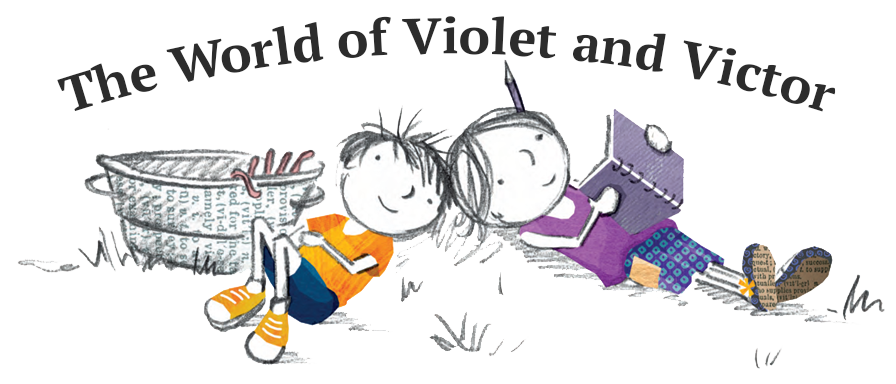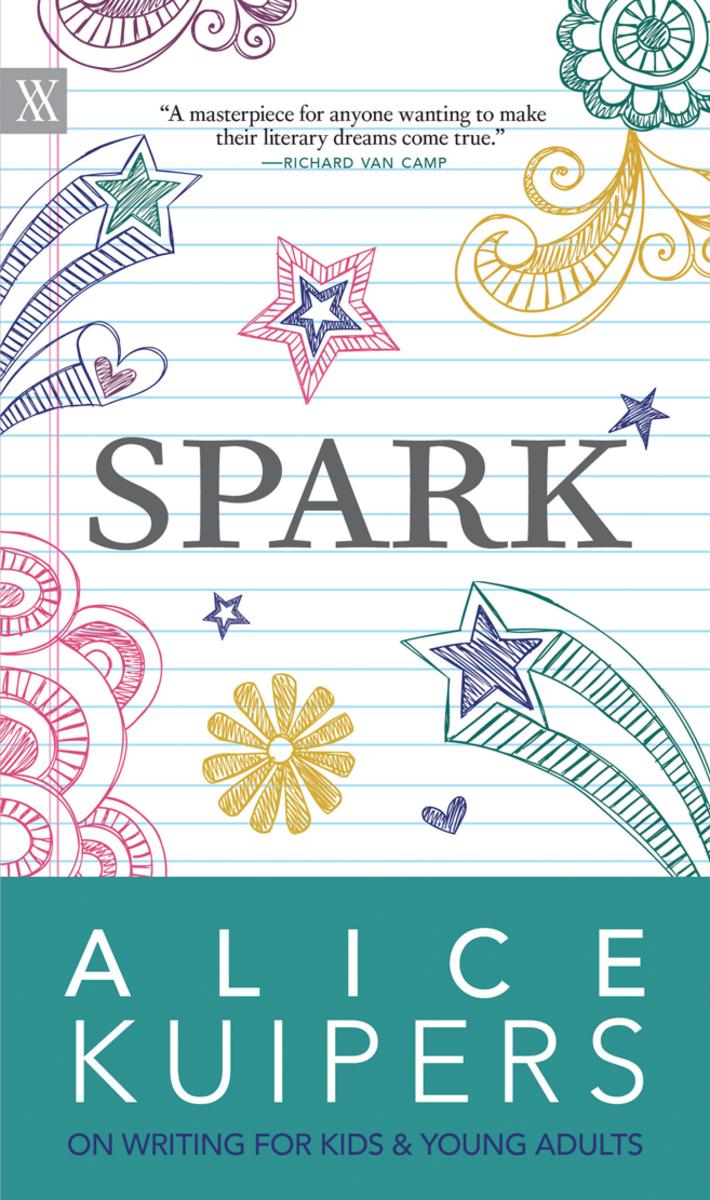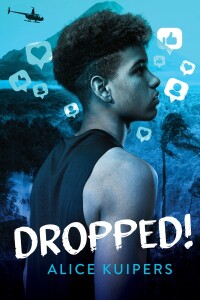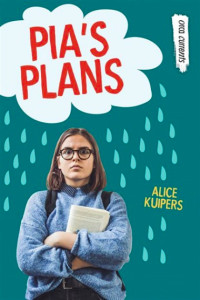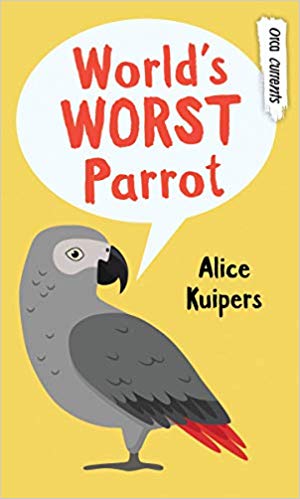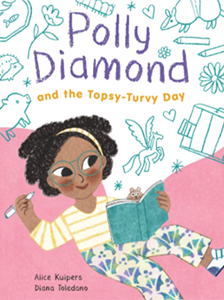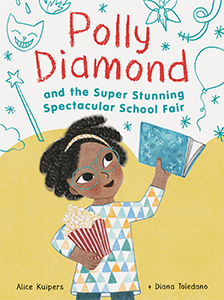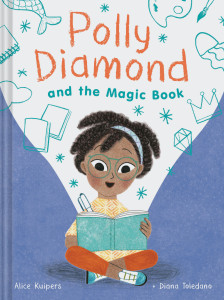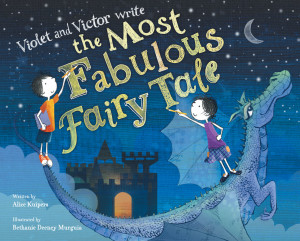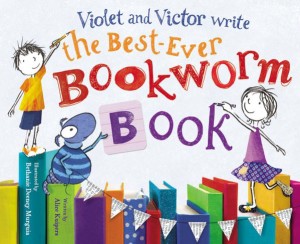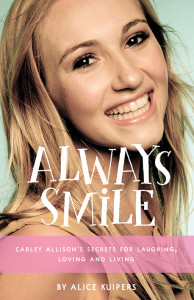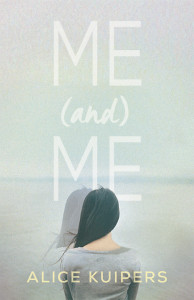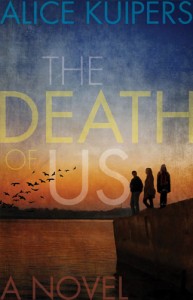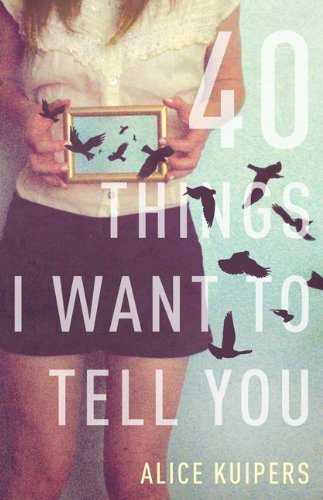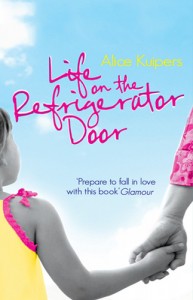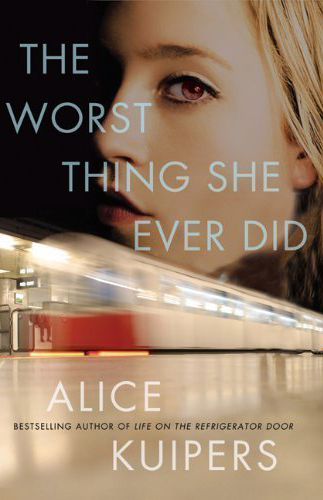I just read a fascinating article by Justin Kramon on how writers earn their living. He looks at four different types of job a writer could do to support their ‘habit’. Find the article here.
I followed his fourth choice, although I’m not sure I would have thought to call the work I did “life experience’ jobs. I worked in a Pilates Studio, belly-danced at a Greek restaurant, and managed a small independent bookshop. I’ve also tried the teaching/editorial route and found that it made writing very difficult indeed. I’m teaching right now and I find that I get so caught up in the work of my students that I don’t have as much time for writing. I’m using the same part of my brain as I do for my own writing when I read the work of students and I end up not wanting to write, even if I have been inspired by something someone has said. I loved the physical aspect of some of the other jobs – they got me out of my head and gave me enthusiasm to sit at the computer when I was done. How does your job influence your writing? Could you make changes to give you more time for that book you want to get onto the page?


